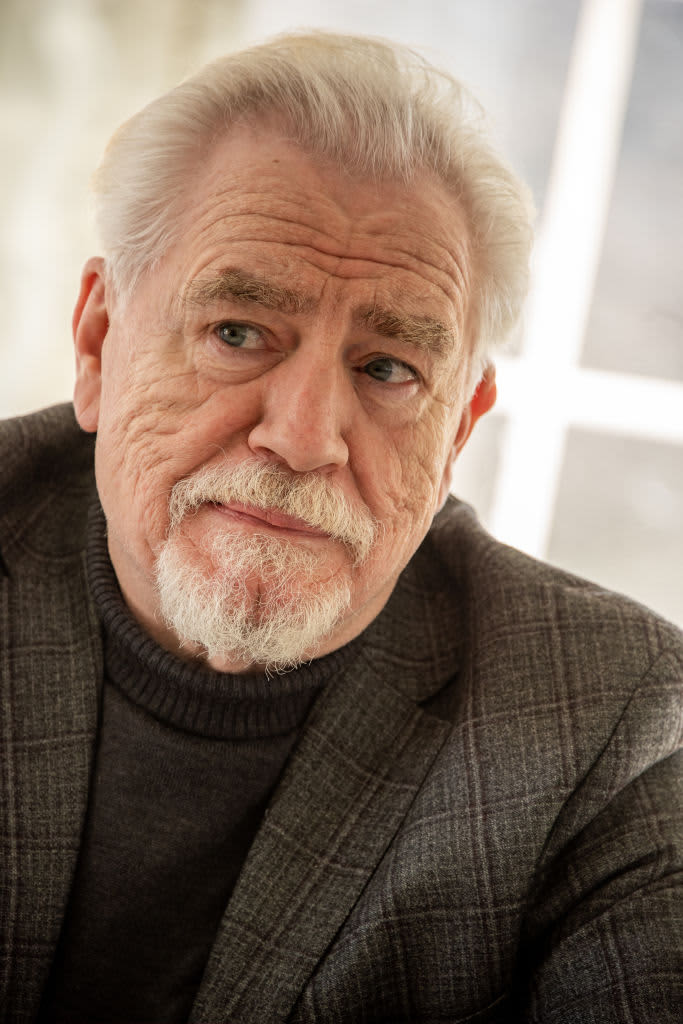Actors often don’t like to watch their own work once it is out in the public, but no one finds it more difficult to watch HBO’s “Succession” than those who have actually lived the life of a family business.
“I had to stop watching because it felt a little too real,” says Ionnie McNeill, who recently transitioned out of a management role with MCO Construction, the company founded by her mother and which she had at one time been convinced she would eventually lead.
“Family businesses are different from other businesses because there’s just a lot of underlying, unspoken emotionality. These are not just business decisions but hopes and dreams of a legacy generation,” McNeill said. “Lots of stuff goes on. Coercion, harassment, manipulation … There’s just a lot of ‘Succession’ that other people wouldn’t deal with in another corporation. It’s a hotbed of promise … and a sense of entitlement.”
Kevin O’Leary says he has seen too many “heartbreaking” examples of family businesses where relationships and wealth are destroyed by poor succession planning and, in particular, the assumption that children are always the right people to take over. As a TV personality, O’Leary may state things in a manner closer to “Succession” than reality. There are many family successions that go wrong, but many that end up being extremely successful.
What is true, according to experts who study family business, is that the transition from a founder to the next generation is challenging in a different way, and potentially in a bigger way, than a transition in a non-family firm. And among the factors that often contribute to things going wrong — and is true to the HBO series — is a founder waiting far too long to put a succession plan in place, at least in part because they aren’t ready to give up control, and health issues which may change the situation rapidly.
Founder identity and a firm’s future collide
It’s not an easy process for founders to undertake after running a firm for decades. “That’s your identity,” said Morten Bennedsen, professor of family enterprise at INSEAD and the academic director of the Wendel International Centre for Family Enterprise. “So they go back to working 80 hours a week managing the firm, and no time to think about these things.”
And what happens to succession as a result of that willful neglect?
“Too many happen by heart attack,” Bennedsen said. “If you don’t plan and if the founder doesn’t want to speak about these things, ultimately nature will make the transition, and in the worst possible way.”
His research surveying family firms suggests that founders in the U.S. and Europe have improved on succession planning, but even in these more developed markets, a surprisingly larger number still don’t have a plan in place. Among small- and medium-sized firms in Europe, roughly 40% of founders surveyed say they are planning to create a succession plan within 10 years, but have not done so yet, and he said the same is likely true for the U.S.
In…
